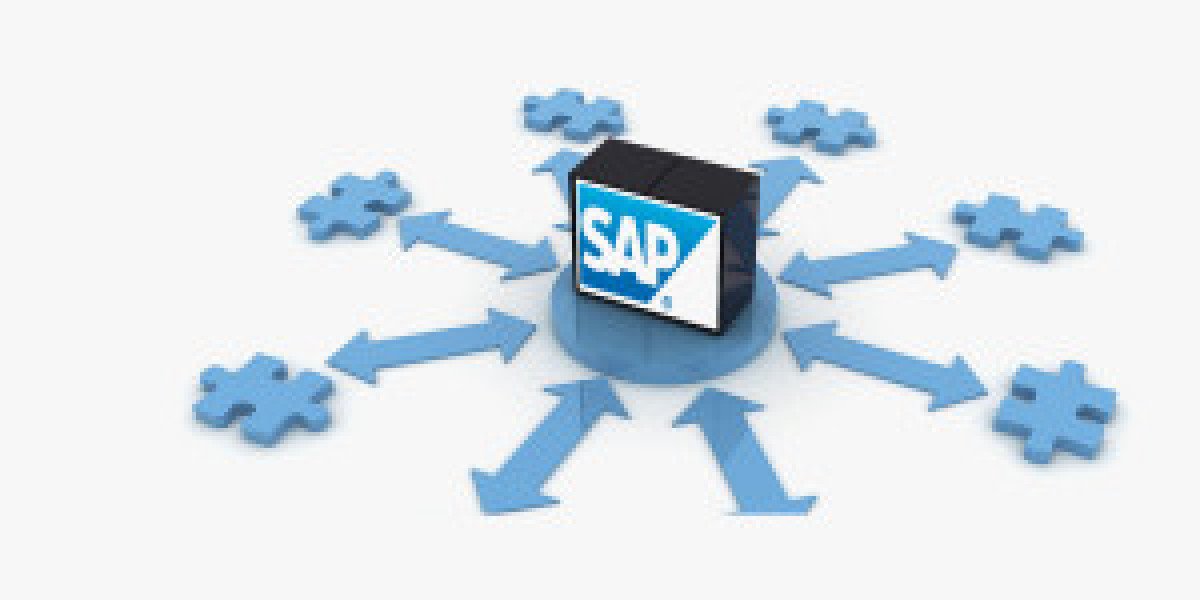In today’s fast-paced business environment, accurate financial reporting and strict compliance with regulatory standards are more crucial than ever. Organizations across industries are facing increasing pressure to manage their financial data effectively while adhering to complex legal and regulatory frameworks. SAP (Systems, Applications, and Products in Data Processing) is emerging as a game-changing solution, streamlining financial reporting and compliance processes for businesses worldwide. This blog will explore how SAP is transforming these areas and why it has become an essential tool for modern businesses. SAP Classes in Pune
1. Real-Time Financial Reporting
One of the key ways SAP is revolutionizing financial reporting is by enabling real-time data access. Traditional financial systems often suffer from delays in reporting, leading to outdated financial information. SAP’s powerful financial management software, such as SAP S/4HANA, allows businesses to capture, process, and analyze financial data instantly. This real-time reporting capability provides management with up-to-date financial insights, enabling better decision-making and strategic planning.
Moreover, real-time access to data also helps organizations spot discrepancies and correct them before they become major issues. This proactive approach reduces the risk of errors in financial reporting and enhances the accuracy of financial statements.
2. Automated Compliance Management
Navigating the complexities of financial regulations is challenging for any business. SAP provides a comprehensive suite of tools designed to ensure businesses remain compliant with regulatory requirements. SAP Governance, Risk, and Compliance (GRC) is a specialized solution that automates the identification and management of compliance risks.
GRC enables businesses to monitor their financial activities, ensuring they comply with international standards such as the International Financial Reporting Standards (IFRS) and the Sarbanes-Oxley Act (SOX). By automating compliance tasks, SAP minimizes human errors and ensures that companies follow proper protocols. Additionally, automated alerts and reporting features help financial teams stay on top of any compliance issues in real time.
3. Integrated Data Management for Transparency
Transparency is crucial for accurate financial reporting and regulatory compliance. SAP’s integrated approach to data management allows for a holistic view of an organization’s financial ecosystem. SAP consolidates financial data across various departments and locations into one centralized system, providing a clear and comprehensive overview of the company’s financial health.
This integrated system simplifies audits, as auditors can easily access all relevant financial information in one place. With SAP, businesses can demonstrate greater transparency to regulators, investors, and other stakeholders, fostering trust and ensuring compliance with international financial standards. SAP Course in Pune
4. Advanced Analytics for Predictive Insights
In today’s data-driven world, businesses require more than just historical financial reports—they need predictive insights. SAP’s advanced analytics tools, such as SAP Analytics Cloud and SAP HANA, use machine learning and artificial intelligence (AI) to offer predictive financial insights. These tools can forecast financial trends, assess risk factors, and predict potential compliance violations before they occur.
With predictive analytics, businesses can not only meet today’s financial reporting requirements but also prepare for future regulatory changes. SAP helps companies anticipate market shifts, adjust strategies, and avoid potential fines or penalties from non-compliance.
5. Streamlined Financial Processes with Automation
SAP excels at automating repetitive financial processes, reducing the time and effort required for tasks like month-end closing, reconciliation, and tax reporting. SAP Financial Closing Cockpit, for example, automates the financial closing process, allowing organizations to complete their financial statements faster and with greater accuracy.
This automation eliminates manual tasks, decreases the likelihood of human error, and ensures that all financial activities are conducted in compliance with applicable regulations. It also allows finance teams to focus on more value-added tasks, such as strategic planning and financial analysis, which are vital for business growth.
6. Scalability and Flexibility for Global Compliance
In an era of globalization, businesses operate across multiple countries, each with its own set of financial regulations and compliance requirements. SAP’s financial management solutions are designed with scalability in mind, enabling businesses to adapt to the regulatory demands of different regions.
For instance, SAP’s Global Trade Services (GTS) helps organizations manage international trade processes, ensuring compliance with global regulations. Whether a company is expanding into new markets or navigating changes in local tax laws, SAP’s flexible architecture allows businesses to stay compliant while growing their operations worldwide.
7. Enhanced Security and Risk Management
In the realm of financial reporting and compliance, security is paramount. Data breaches or financial fraud can lead to significant legal repercussions and loss of business reputation. SAP’s robust security features, including SAP GRC and SAP Access Control, help businesses safeguard their financial data against unauthorized access and potential fraud.
By providing enhanced security protocols and strict access controls, SAP minimizes risks associated with financial reporting and ensures that only authorized personnel can handle sensitive financial information. This added layer of security further ensures compliance with data protection regulations, such as the General Data Protection Regulation (GDPR). SAP Training in Pune
Conclusion
SAP has become a vital tool for businesses seeking to streamline their financial reporting and ensure compliance with complex regulatory standards. With its real-time reporting capabilities, automated compliance management, integrated data systems, and advanced analytics, SAP provides organizations with the tools they need to stay competitive and compliant in an increasingly complex business environment.
As financial regulations evolve, businesses that leverage SAP’s powerful features will be better positioned to navigate the future of financial reporting and compliance. The flexibility, automation, and predictive capabilities offered by SAP not only enhance efficiency but also provide the transparency and accuracy required in today’s regulatory landscape.
If you’re looking to revolutionize your financial reporting and compliance processes, adopting SAP solutions can be the key to success.



